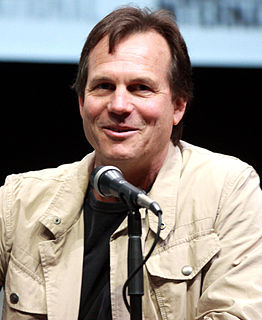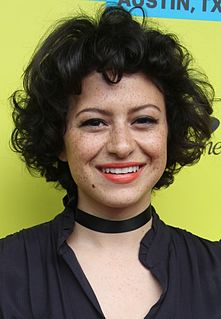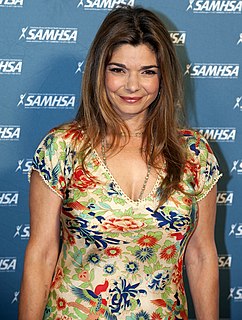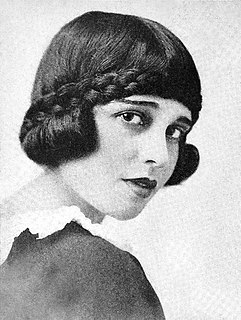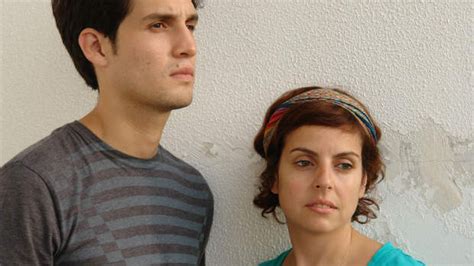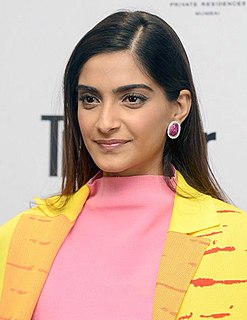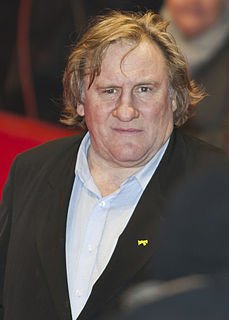A Quote by Brad Pitt
When I first got out to Hollywood, they were pushing me for sitcoms, and I didn't really have an interest in them. I wanted to do films and slowly worked that way. And then it became, I guess, this curse of the leading man.
Related Quotes
I have been acting for almost 20 years now. At first it changed in my focus and how much I wanted to act. When I was younger, it was so much fun, and I really wanted it, but it was not competitive. Then I became a teenager and it became kind of competitive and not as much fun. I pulled back and I got lazy about it, where I was like, "Yeah, I guess, I'll do small parts in cool movies," but I wasn't really trying to say anything.
Any messages for me?" Usually I got one or two, but mostly people who wanted my help preferred to talk in person. "Yes. Hold on." She pulled out a handful of pink tickets and recited from memory, without checking the paper. "Seven forty-two a.m., Mr. Gasparian: I curse you. I curse your arms so they wither and die and fall off your body. I curse your eyeballs to explode. I curse your feet to swell until blue. I curse your spine to crack. I curse you. I curse you. I curse you.
I wanted to be a playwright in college. That's what I was interested in and that's what I was moving toward, and then I had the lucky accident of falling in love with film. I was 19 or 20 that I realized films are made by people. Shooting digitally became cheaper and better. You couldn't make something that looked like a Hollywood film, but you could make something through which you could work out ideas. I was acting, but I was also conceiving the plots and operating the camera when I wasn't onscreen. I got very unvain about film acting, and it became a sort of graduate school for me.
Pittsburgh, for a while, became a production centre. There was one $400 million year. Hollywood was bringing productions in there. Films like 'The Silence of the Lambs' and 'Innocent Blood.' So my guys, the guys I worked with, were able to have careers and live at home. But then it dried up, and a lot of my friends left.
When I got pregnant with my first child, I was vegan. And when I got pregnant, my body was craving meat so much. I started out slowly with eggs, then cheese, then I was like, 'OK, I need a steak!' I had to listen to my body - my cravings were so strong with the first one. When I got a craving for a food, I needed it five minutes ago.
When I was very young and first worked in Hollywood, the films had bred in me one sole ambition: to get away from them; to live inthe great world outside movies; to meet people who created their own situations through living them; who ad-libbed their own dialogue; whose jokes were not the contrivance of some gag writer.
To seek out making films that are unique and insightful, boundary-pushing and genre-bending, and not films that fit into the neat, little boxes that people "want" (expect) women to be making. In some ways, I guess for me, any filmmaker should strive to be a good director first, regardless of their gender, race, sexual orientation etc.

